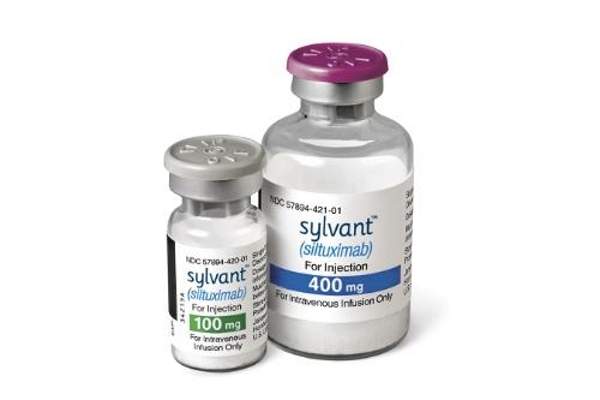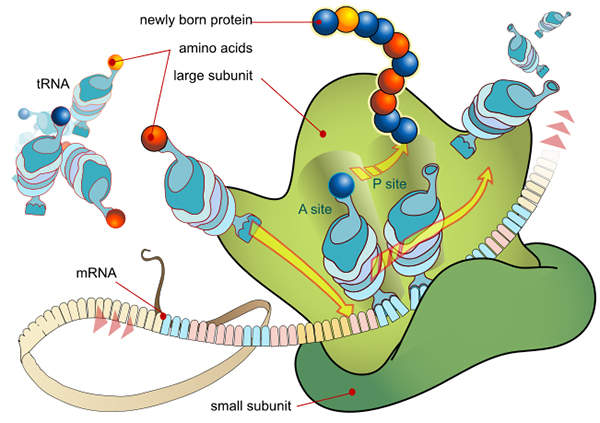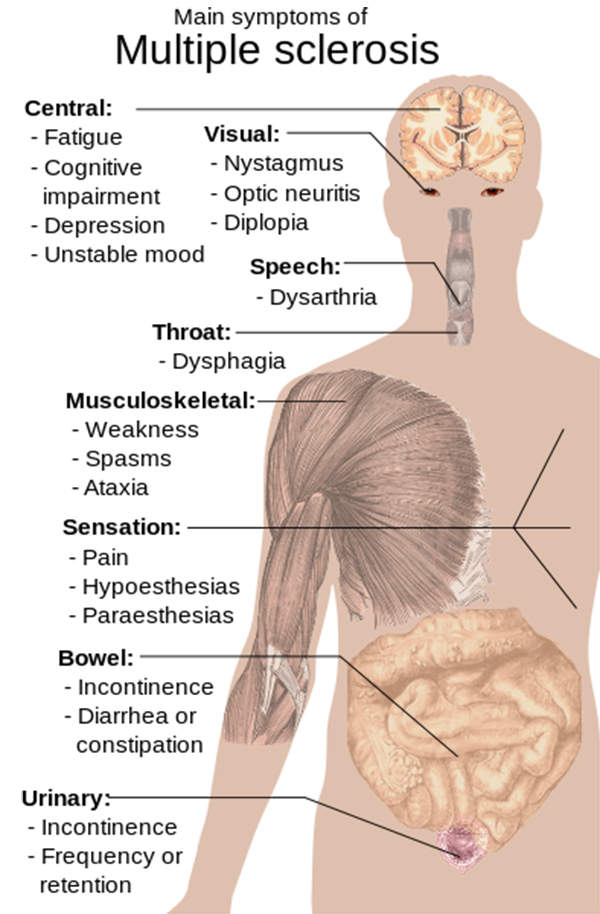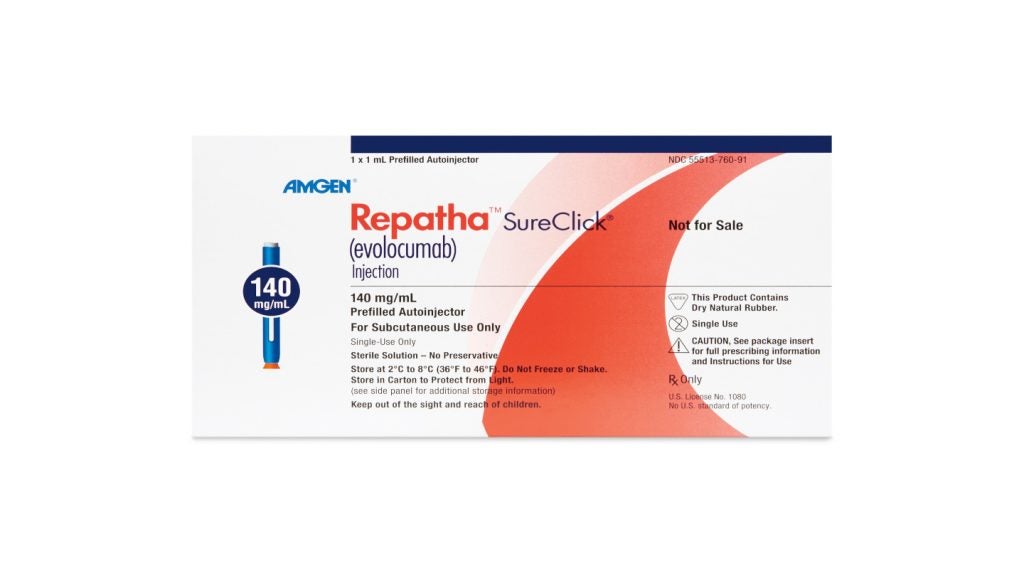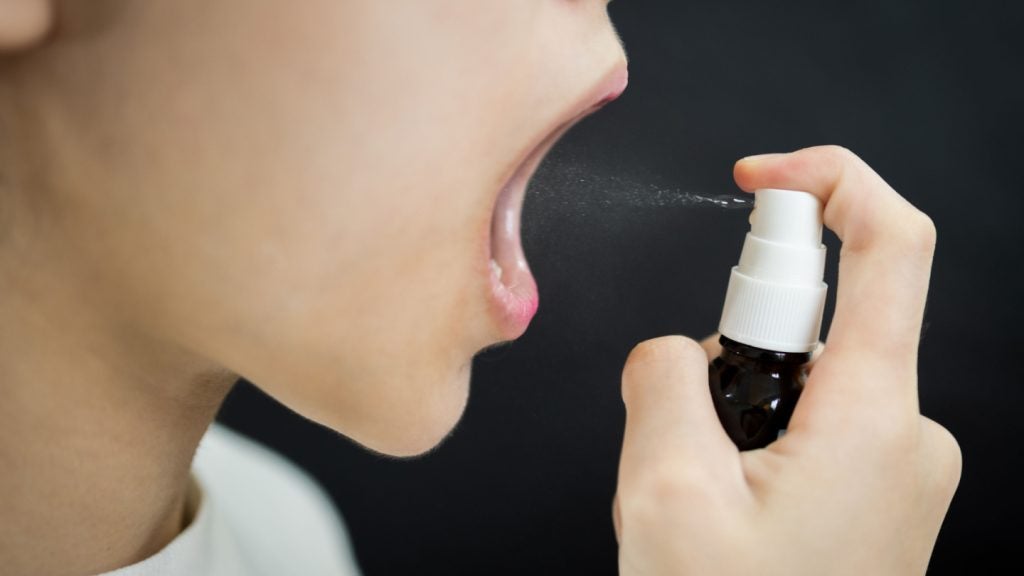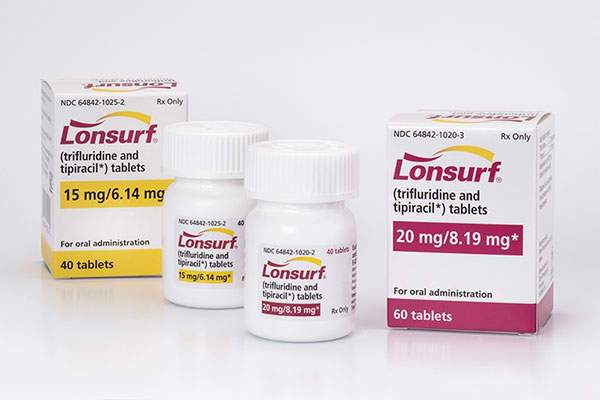Sylvant (siltuximab) is indicated for the treatment of patients with multi-centric Castleman’s disease (MCD) in the US.
Developer Janssen Biotech submitted a biologic licence application (BLA) and a marketing authorisation application (MAA) for Sylvant to the US Food and Drug Administration (FDA) and European Medicines Agency (EMA) in September 2013.
The FDA approved Sylvant for the treatment of MCD patients that have not been diagnosed with human immunodeficiency virus (HIV) or human herpesvirus-8 (HHV-8) in April 2014. Sylvant was also granted orphan drug designation in the US and EU.
The EMA’s Committee for Medicinal Products for Human Use (CHMP) adopted a positive opinion recommending the granting of marketing authorisation for Sylvant for the treatment of MCD in March 2014. The drug was granted marketing authorisation by the European Commission (EC) in June 2014.
Multicentric Castleman’s disease
An oral Bruton’s tyrosine kinase (BTK) inhibitor indicated for the treatment of mantle cell lymphoma (MCL) patients.
MCD is a rare lymphoproliferative disorder characterised by non-cancerous tumour growth in the lymph node tissue at a single site or throughout the body.
Common symptoms of the disease include enlarged lymph nodes, fever, weakness, fatigue, night sweats, weight loss, nausea, vomiting and nerve damage. The disease can lead to enlargement of the liver, spleen and other organs.
MCD is estimated to affect around 1,300 people in the US.
Sylvant’s mechanism of action
Sylvant contains an anti-interleukin 6 (IL-6) chimeric monoclonal antibody, which binds to human IL-6. It acts as both a pro-inflammatory cytokine and an anti-inflammatory myokine.
The drug also prevents binding of IL-6 to both soluble and membrane-bound receptors, and stops overproduction of IL-6.
The drug is available in powder form of 100mg and 400mg vials for injection.
Clinical trials on Sylvant (siltuximab)
The FDA and EMA’s approval for Sylvant was based on a pivotal Phase III clinical trial known as the MCD2001 study, which evaluated the efficacy and safety of the drug.
This multi-national, randomised, double-blind, placebo-controlled clinical study enrolled 79 MCD patients. Of these, 53 were randomised to the Sylvant arm at a dose of 11mg/kg plus best supportive care (BSC) and 26 to the placebo arm. Patients enrolled in the study had symptomatic MCD and were HIV and HHV-8 negative.
Results demonstrated that more than one third of patients treated with Sylvant plus BSC had achieved a durable tumour and symptomatic response compared with none of the patients that received placebo plus BSC. The durable response was defined as a reduction in tumour size and disease symptoms within 18 weeks.
The study also showed that the BSC arm experienced treatment failure at a median time of 134 days. In addition, efficacy results showed that tumour response for patients in the Sylvant plus BSC arm was 38%, compared with 4% in the placebo arm. Increase in haemoglobin by 1.5g/dl was seen in 61% of the Sylvant plus BSC patients compared with 0% in placebo plus BSC arm.
The most frequent adverse reactions found in the Sylvant plus BSC arm during the trial included rash, itching, upper respiratory tract infection, increased weight and hyperuricemia.
Marketing commentary on Janssen Biotech
Janssen Biotech, one of the Janssen Pharmaceutical Companies owned by Johnson & Johnson. It develops and commercialises innovative medicines in the fields of immunology, oncology, urology and nephrology.

